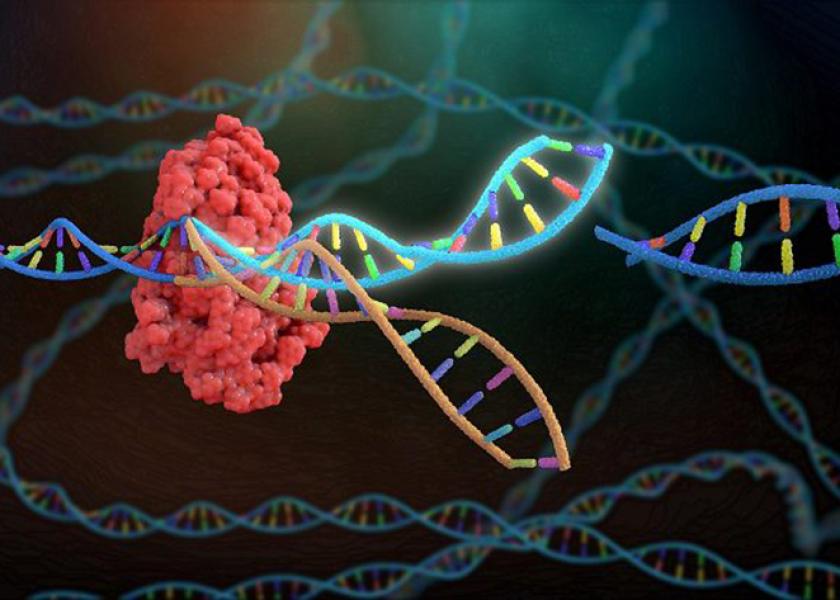Livestock Producers on Level Playing Field Thanks to MOU Between USDA and FDA

A Memorandum of Understanding (MOU) has been finalized regarding regulation of certain animals developed using genetic engineering. USDA announced the MOU with the Food and Drug Administration that outlines responsibilities regarding genetically engineered animals that are intended for agricultural purposes such as human food, fiber and labor.
This MOU complements USDA’s issuance of an Advanced Notice of Proposed Rulemaking (ANPR) on the Movement of Animals Modified or Developed by Genetic Engineering on December 28, 2020.
“Today’s Memorandum of Understanding clears a path to bring our regulatory framework into the 21st century, putting American producers on a level playing field with their competitors around the world. In the past, regulations stifled innovation, causing American businesses to play catch-up and cede market share,” said U.S. Secretary of Agriculture Sonny Perdue in a release. “America has the safest and most affordable food supply in the entire world thanks to the innovation of our farmers, ranchers and producers. Establishing a new, transparent, risk and science-based regulatory framework would ensure this continues to be the case.”
The terms of the MOU support USDA’s ANPR outlining a contemplated regulatory framework that would apply to certain animals (cattle, sheep, goats, swine, horses, mules, or other equines, catfish, and poultry) developed using genetic engineering intended for agricultural purposes, USDA explains. Under this framework, USDA would safeguard animal and human health by overseeing pre-market reviews through post-market food safety monitoring for certain farm animals modified or developed using genetic engineering that are intended for human food.
The National Pork Producers Council (NPPC) applauded the MOU signed between the USDA and the FDA, giving USDA primary regulatory jurisdiction over the development of gene-edited livestock.
“NPPC has been calling for this decision for more than three years to ensure that U.S. agriculture maintains its competitive edge globally. We look forward to working with the Biden administration to implement a technology that has the potential to improve animal health, further reduce agriculture’s environmental footprint and improve production efficiency,” NPPC said in a statement.
The MOU also allows for the transition of portions of FDA’s pre-existing animal biotechnology regulatory oversight to USDA. USDA would continue to coordinate closely with FDA to fulfill oversight responsibilities and provide the appropriate regulatory environment, ensuring the safety of products derived from new technologies and fostering innovation at the same time, the release said.
FDA would continue its review of intentional genomic alterations intended for any purpose other than agricultural use, such as biopharma and non-heritable genomic alteration, and the regulation of dairy products, table and shell eggs, certain meat products and animal feed derived from animals developed using genetic engineering.
Read More:
FDA Stalls U.S. Gene-Edited Livestock Efforts
USDA Oversight of Gene-Edited Livestock: A Seismic Shift for Agriculture







